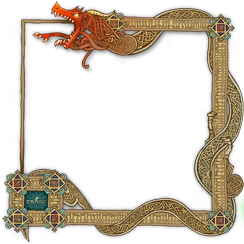Установить Steam
войти
|
язык
简体中文 (упрощенный китайский)
繁體中文 (традиционный китайский)
日本語 (японский)
한국어 (корейский)
ไทย (тайский)
Български (болгарский)
Čeština (чешский)
Dansk (датский)
Deutsch (немецкий)
English (английский)
Español - España (испанский)
Español - Latinoamérica (латиноам. испанский)
Ελληνικά (греческий)
Français (французский)
Italiano (итальянский)
Bahasa Indonesia (индонезийский)
Magyar (венгерский)
Nederlands (нидерландский)
Norsk (норвежский)
Polski (польский)
Português (португальский)
Português-Brasil (бразильский португальский)
Română (румынский)
Suomi (финский)
Svenska (шведский)
Türkçe (турецкий)
Tiếng Việt (вьетнамский)
Українська (украинский)
Сообщить о проблеме с переводом



 Can Tho, Viet Nam
Can Tho, Viet Nam 























- english and dutch had 2 main advantages over portuguese 1)they sailed faster, cheaper, and more powerful ships and 2) they conducted trade through joint-stock companies which allowed investors to get profits while limiting the risk of their investments
- the two most prominent JSCompanies (joint stock companies) were English East India Company and the dutch counterpart - United East India Company (a.k.a. VOC), these companies were privately owned enterprises, they experienced immediate financial success, english east india company and VOC contributed to early formation of global network of trade
Took place in Europe, India, Caribbean, and North America
In Europe, The Prussians(Britain ally) defended
In India, the British and the French teamed up with local rulers to fight each other. British push French out of India
In the Caribbeans, Spain joined France to prevent Britain from spreading their influence. British win and keep Florida but let go of the Caribbean Islands
In North America, the war merged with the ongoing French and Indian war. British take Canada from France